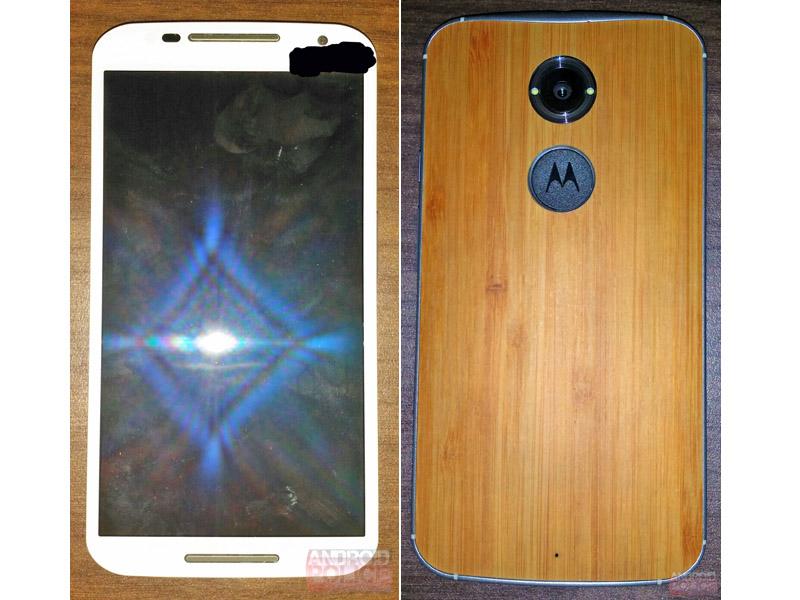
At this year's Google I/O, the company did things a little differently, and more like Apple. Instead of announcing a new version of Android, and effectively making it available for companies to use, they kept it focuses more on the developers out there in the world, and gave them the ability to download a preview version of the software. Betas, if you will, and then confirmed the software's official release for later this year.
The change is an interesting one, insofar that it means that instead of new phones launching later this year, specifically from Samsung (like their Galaxy Note 4, maybe), with the possibility of carrying Android L to market, that's not the case. (If any company still has a shot at it, it's Samsung, but it does seem unlikely.) Moreover, it means that companies won't have the finalized code until later this year, and as HTC has pointed out, there's probably going to be at least another 90 days tacked on before current generation phones get the update.
The same can be said for devices that launch in the next few months.
Because they're coming, just as they always do. Just today, in fact, we saw what looks to be a "near-final prototype" of what's being called the Moto X+1, Motorola's successor to the Moto X from last year. That's going to release sometime between now and December. Then, Samsung, with their Galaxy Note 4. And there could still be others. And right now, they're all standing out to me because they're going to launch, and many of them may come to market right before Android L does. Which just seems odd to me. Android L is a massive update, not just for Android but for Google as a whole, so why wouldn't they want to launch it on a high-end, mass market device? Or multiple devices? Just launching software into the wild doesn't do anyone any good, especially if they have to wait 90 days to see it on any devices.
A Nexus-branded device is surely on the way, which will serve as a primary launching pad for the software, but that's not a mass market device. It will probably be an amazingly high-end, well-priced device, but it still won't be a handset that gets swept up by the masses.
It's been awhile since we've heard anything about it, but maybe this is why Android Silver exists. If it exists. While comments have been made to confirm that Nexus isn't going anywhere, those same comments weren't necessarily about the existence of Android Silver. However, I can't help but think it does, simply because I don't believe Google's going to launch Android L into the air and call it a day. I think they want to bring this software to everyone, and at launch. Not 90 days afterwards.
Or maybe that's just what I want to believe. Android L is an impressive update, so seeing it launch on a high-end device that's meant for everyone would be pretty exciting. Of course, personally, and for quite a few of you out there, just buying the Nexus-branded device coming later this year will be an easy decision.
Do you think Google will launch an Android Silver device to help bring Android L to market, or will they leave it up to a new Nexus handset, and let other manufacturers update as they see fit to herald the arrival of this huge software upgrade? Let me know!